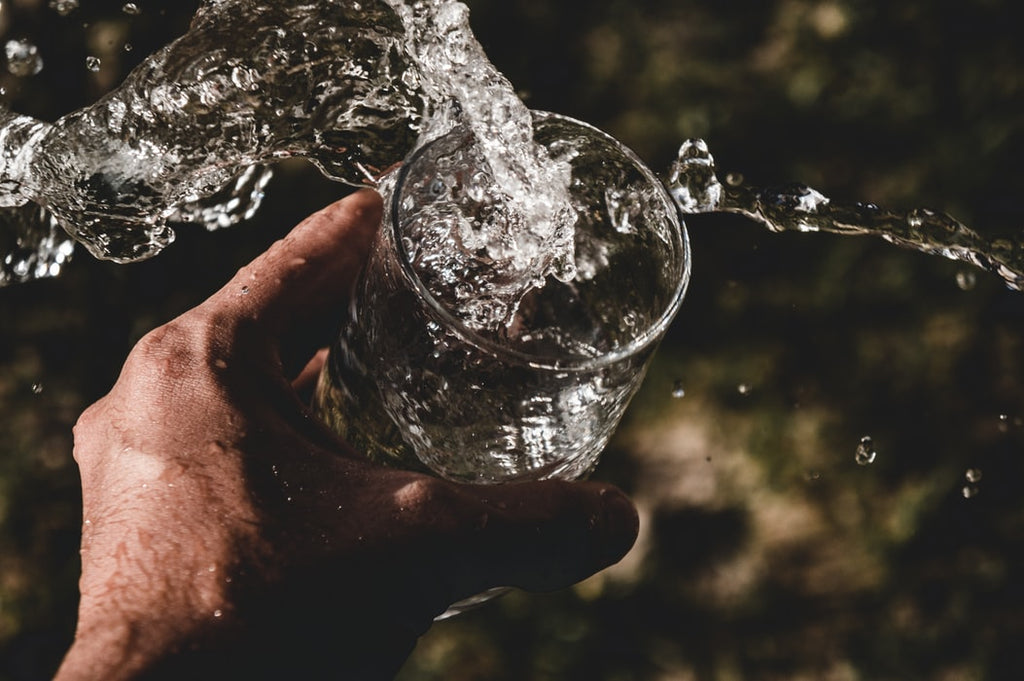The Warning Signs of Dehydration — and the Steps You Should Take to Treat it

The Warning Signs of Dehydration — and the Steps You Should Take to Treat it
We've all heard the advice to drink "eight glasses of water a day,"— but according to research, as many as three-quarters of Americans may still be suffering from chronic low-level dehydration. As a runner, hiker, or other active people, you'll be more health-conscious than most — but that doesn't necessarily make you immune to dehydration. You'll also be doing much more than most to deplete that old H2O.
What should you know about the signs of dehydration, and more importantly — what can you do to prevent and treat it?
Dehydration: The Warning Signs
You get dehydrated when you fail to take in as many fluids as you need — and if you're losing water fast because you're an athlete or an otherwise extraordinarily active and outdoorsy person, falling into that trap can be all too easy. Remember, it doesn't take sweltering and humid weather to get dehydrated if you're exerting yourself.
You'll have heard it before because it's true; the very first sign of low-level dehydration is thirst. Apart from that, some of the more basic signs that it's time to replenish your fluids you will also want to watch out for are:
- Reduced energy levels — everything suddenly requires more effort
- A dry mouth and dry eyes
- A headache
- Reduced urine output and darker urination when you do go
- Stomach cramps
Dehydrated runners and other athletes will be quick to notice cramping and achy muscles and notice that they stop sweating. They will also only find it much harder to carry on and see a measurable decrease in their performance. The mildest forms of dehydration are easy to remedy yourself, but mild dehydration can quickly progress to moderate and then severe dehydration if you don't do anything about it. It's crucial to be proactive — severe dehydration can even be life-threatening.
How to Prevent and Treat Mild Dehydration
Taking an active approach toward preventing dehydration is best for athletes — and chugging down some water every time you feel thirsty won't cut it. If you know you have a race or other big adventure, like a long hike, coming up, make sure to get at least those eight cups of water a day during the days before. Drink a 10th of your weight in water (with electrolytes, where possible) two to four hours before you set off, and then drink another half cup at least every 15 minutes while you’re physically active. Not only will this save you from nasty and potentially dangerous symptoms, but you'll also perform better.
If you're already mildly dehydrated, it is enough to drink a ready-made electrolyte drink, rest, and make sure you get out of the heat. Even mild dehydration increases your risk of heat exhaustion. Folks who feel confused, acquire extreme muscle cramps, and have extremely dry skin along with a lack of sweating and urine output though should seek immediate medical attention.
Fortunately, with dehydration on your radar, you'll be able to make sure you get plenty of fluids — and making sure you're prepared with the proper water bottle will save you a lot of trouble down the line.
- Tags: how-to
- Store Employees
Comments 0